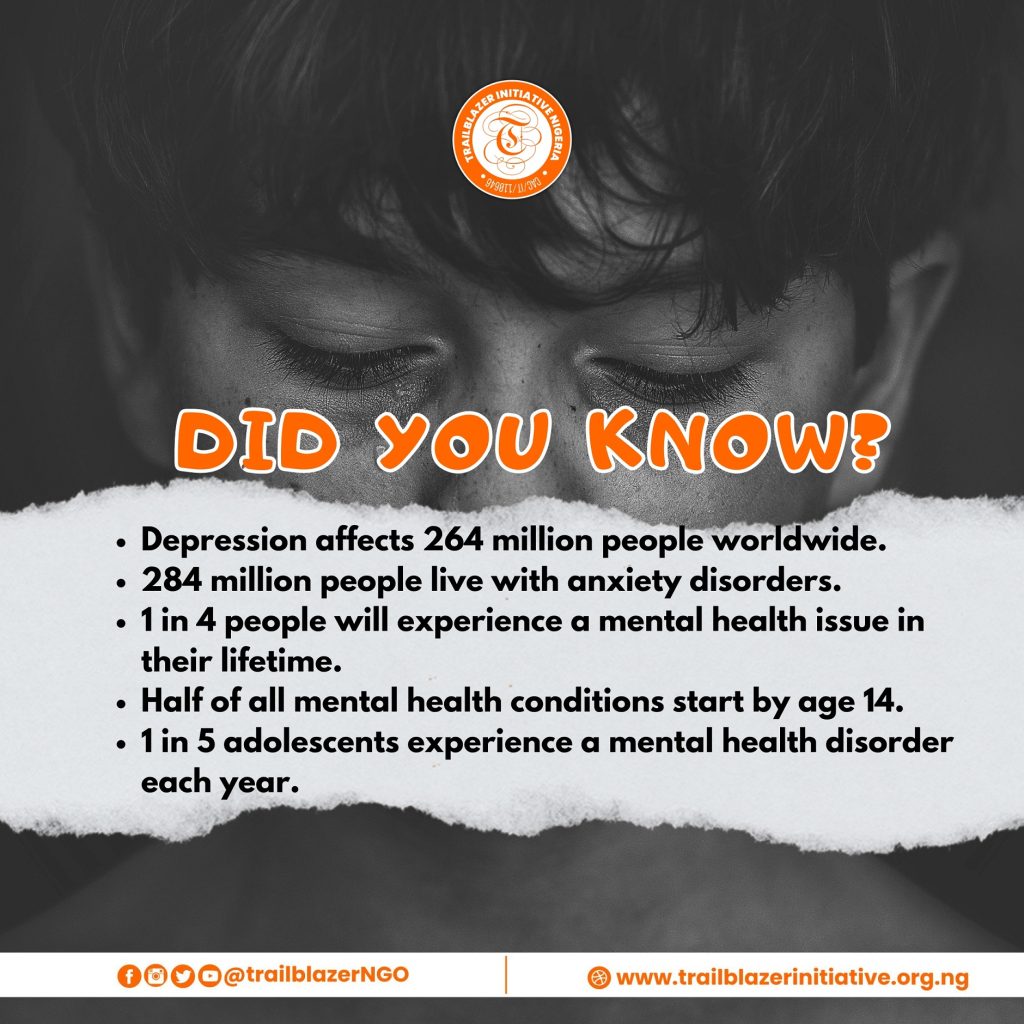 Mental health is an integral part of our overall well-being. It influences how we think, feel, and behave in our daily lives. Despite its importance, mental health is often overlooked and misunderstood. In this post, we will delve into the basics of mental health, its significance, and how it impacts every aspect of our lives.
Mental health is an integral part of our overall well-being. It influences how we think, feel, and behave in our daily lives. Despite its importance, mental health is often overlooked and misunderstood. In this post, we will delve into the basics of mental health, its significance, and how it impacts every aspect of our lives.
What is Mental Health? Mental health includes our emotional, psychological, and social well-being. It affects how we handle stress, relate to others, and make decisions. Mental health is important at every stage of life, from childhood and adolescence through adulthood.
Why Mental Health Matters: Good mental health is crucial because it helps us to:
- Cope with the stresses of life
- Work productively
- Realize our full potential
- Contribute to our community
When mental health is neglected, it can lead to serious issues such as depression, anxiety, and other mental health disorders, which can impact daily functioning and overall quality of life.
Common Mental Health Conditions: Understanding common mental health conditions can help us recognize when we or others might need support. Some of the most common conditions include:
- Depression: Persistent sadness and loss of interest in activities once enjoyed.
- Anxiety Disorders: Intense, excessive worry and fear about everyday situations.
- Bipolar Disorder: Extreme mood swings including emotional highs (mania) and lows (depression).
- Schizophrenia: A severe mental disorder affecting how a person thinks, feels, and behaves.
Signs and Symptoms: It’s important to be aware of the signs and symptoms that might indicate a mental health issue. These can vary but often include:
- Changes in sleep or appetite
- Withdrawal from social activities
- Unexplained physical ailments
- Persistent sadness or irritability
- Difficulty concentrating
- Thoughts of self-harm or suicide
The Connection Between Mental and Physical Health: Mental and physical health are closely linked. Poor mental health can lead to physical health problems such as heart disease, and vice versa. This connection underscores the importance of maintaining mental health as part of overall health.
Promoting Mental Health: Promoting good mental health involves adopting healthy habits and seeking help when needed. Strategies include:
- Regular Exercise: Physical activity can improve mood and reduce anxiety.
- Healthy Diet: Proper nutrition supports overall health and well-being.
- Adequate Sleep: Quality sleep is essential for mental and physical health.
- Stress Management: Techniques such as mindfulness, meditation, and relaxation can help manage stress.
- Social Connections: Building and maintaining strong relationships provide support and can improve mental health.
Seeking Help: If you or someone you know is experiencing mental health issues, it is important to seek help. Resources include:
- Mental Health Professionals: Therapists, counselors, and psychiatrists can provide support and treatment.
- Support Groups: Connecting with others facing similar challenges can be helpful.
- Hotlines: Crisis hotlines can provide immediate support and connect individuals with resources.
Conclusion: Mental health is a vital component of our overall health and well-being. By understanding what mental health is and recognizing its importance, we can take steps to promote our mental health and support others who may be struggling. Remember, seeking help is a sign of strength, not weakness.
Call to Action: Start paying attention to your mental health today. If you notice any signs of distress, reach out for help. Together, we can break the stigma and promote a healthier, more understanding world.









